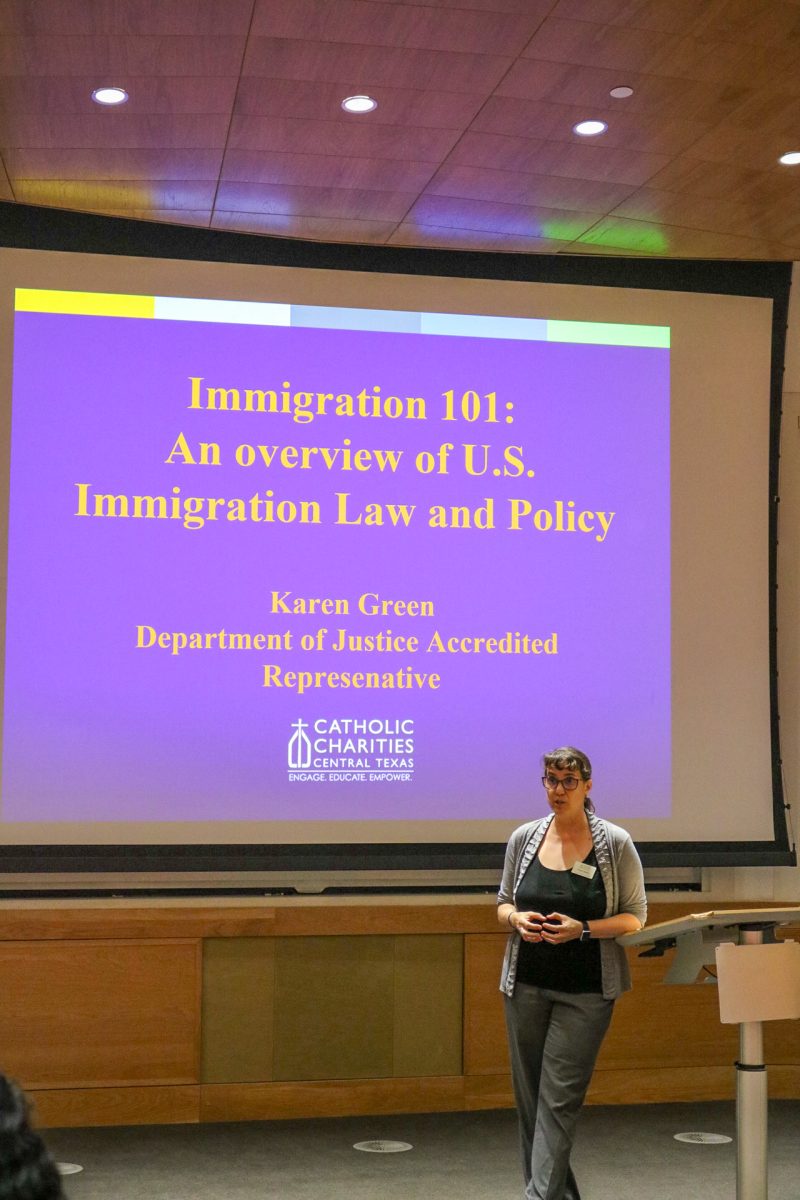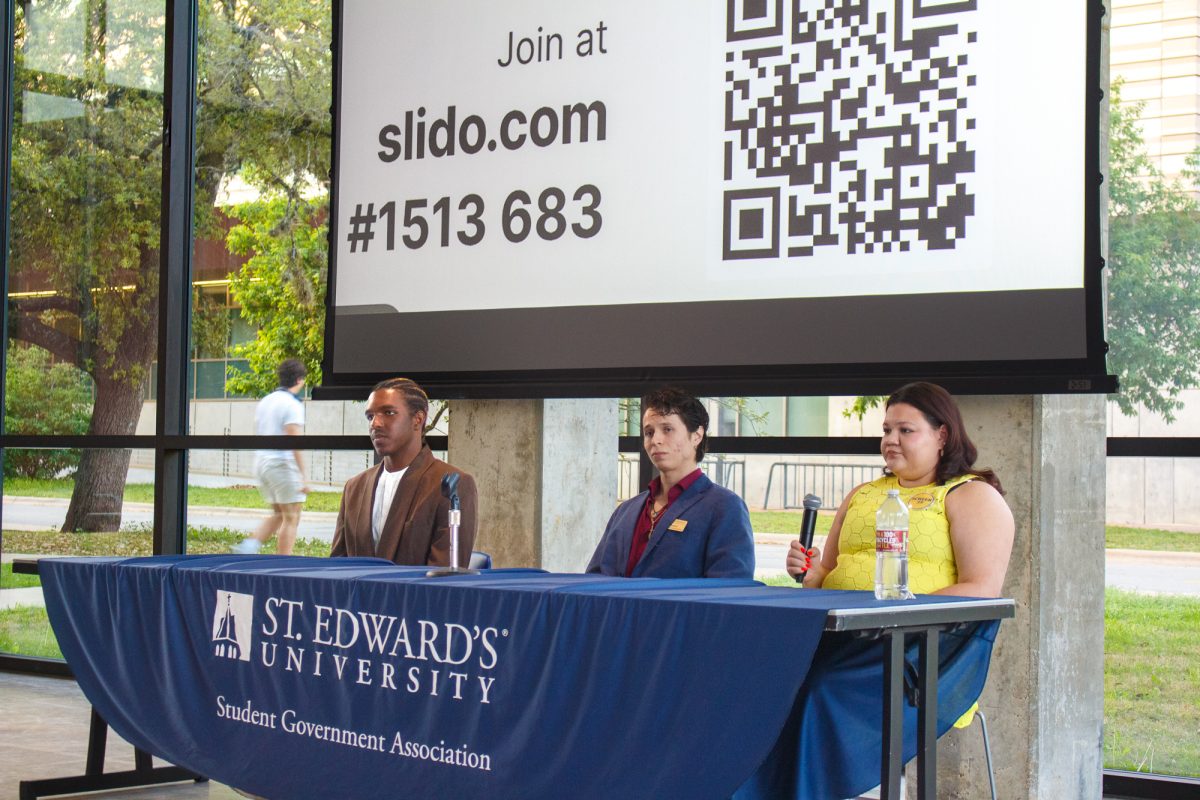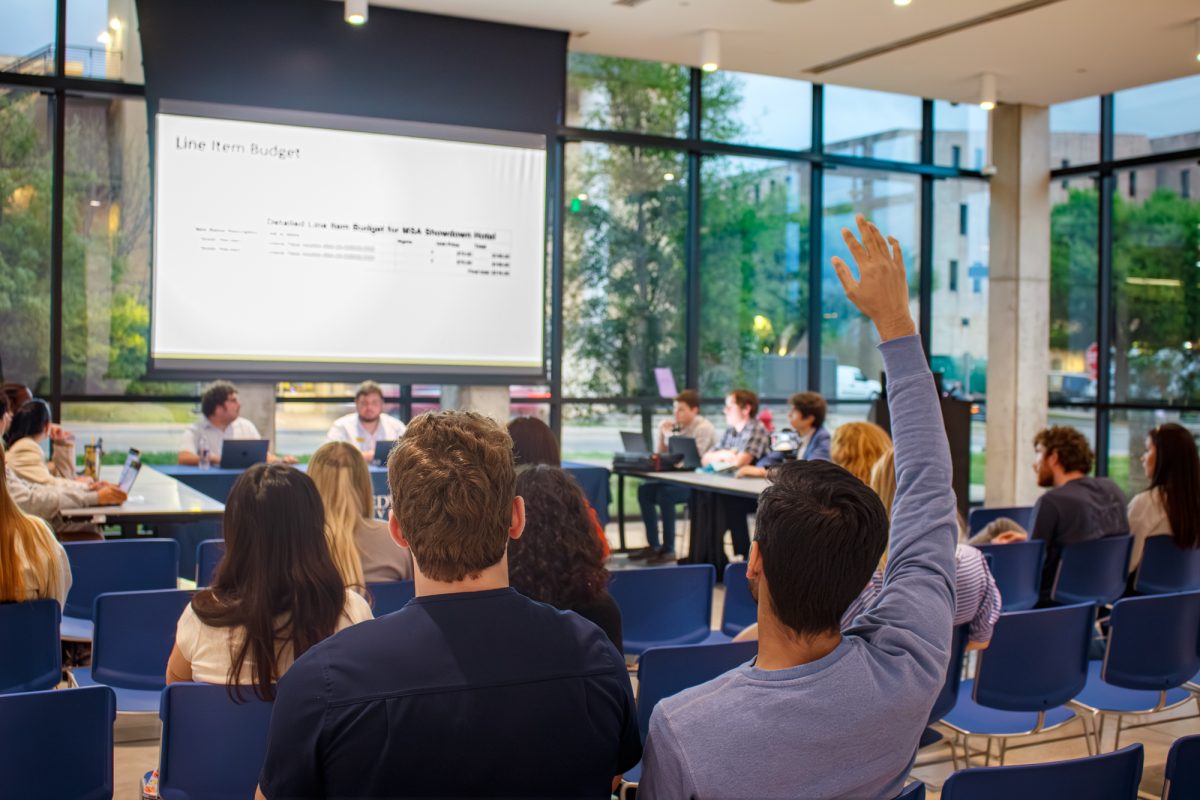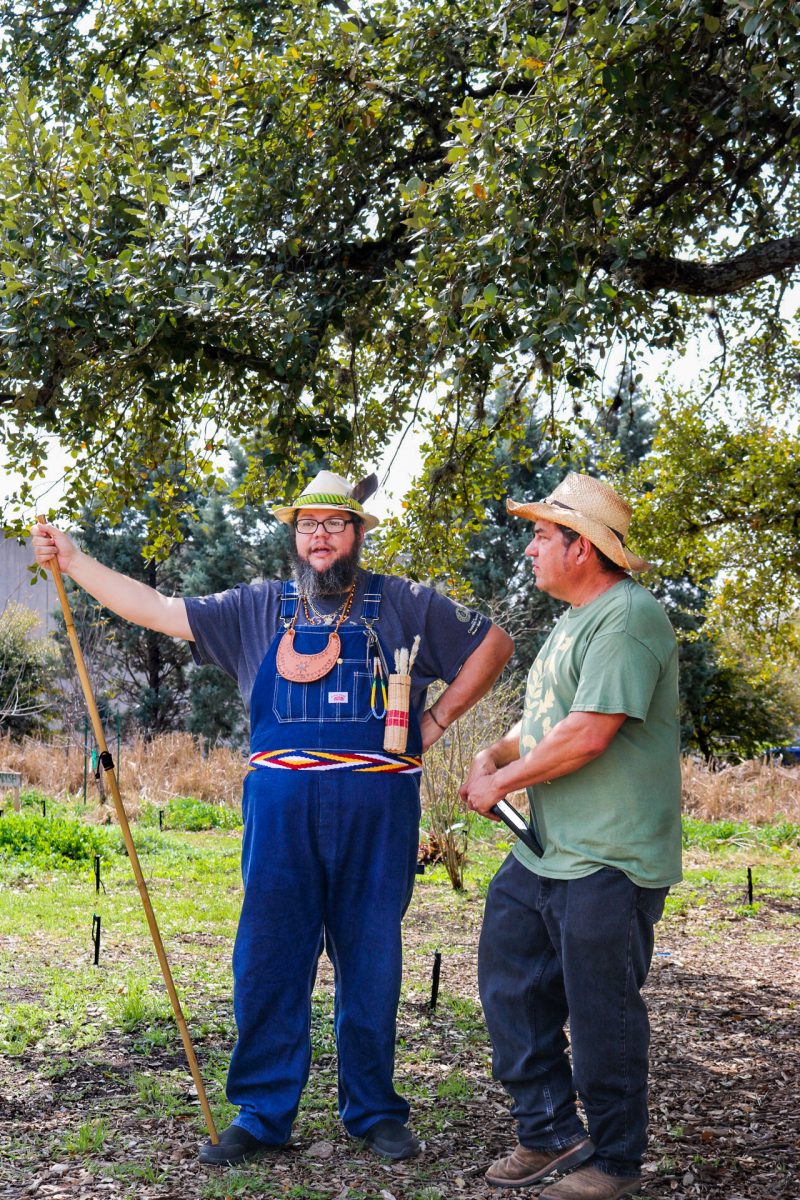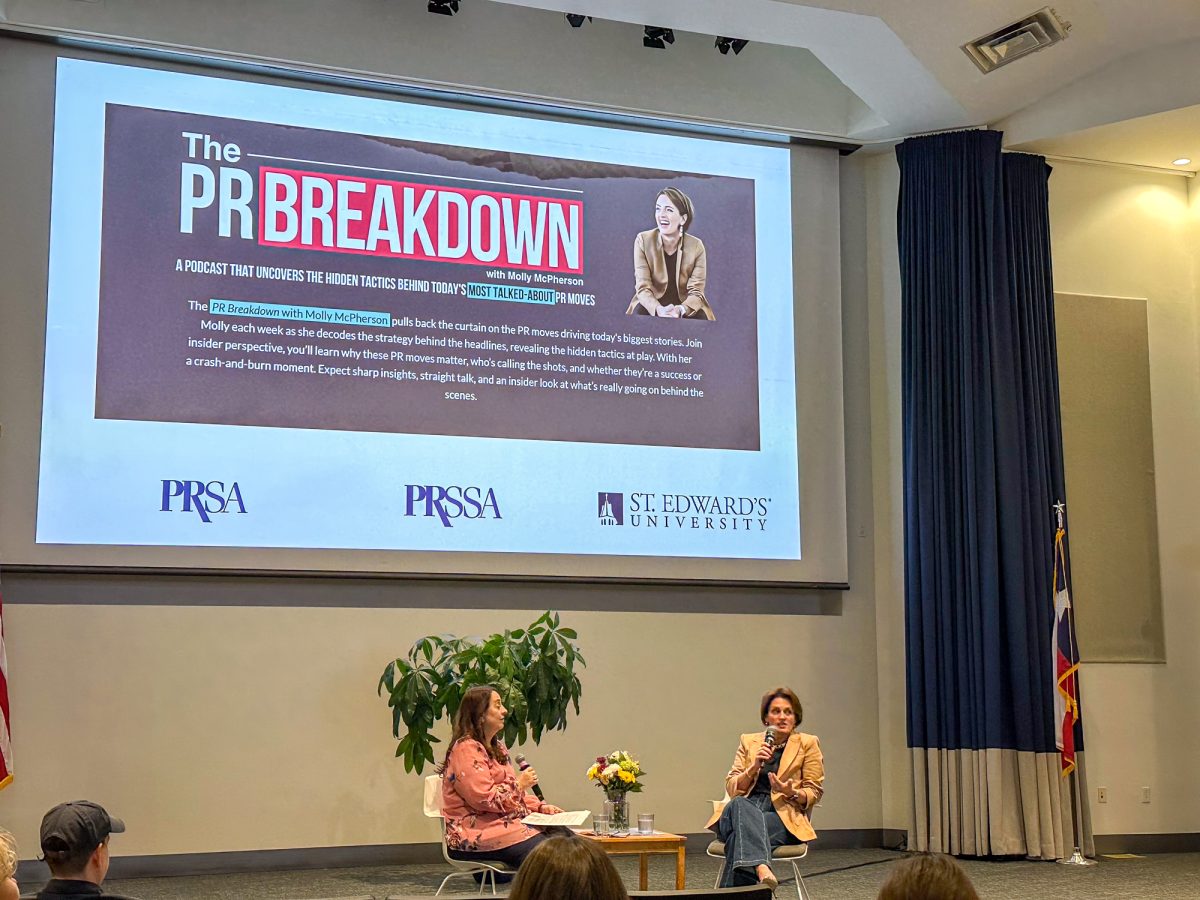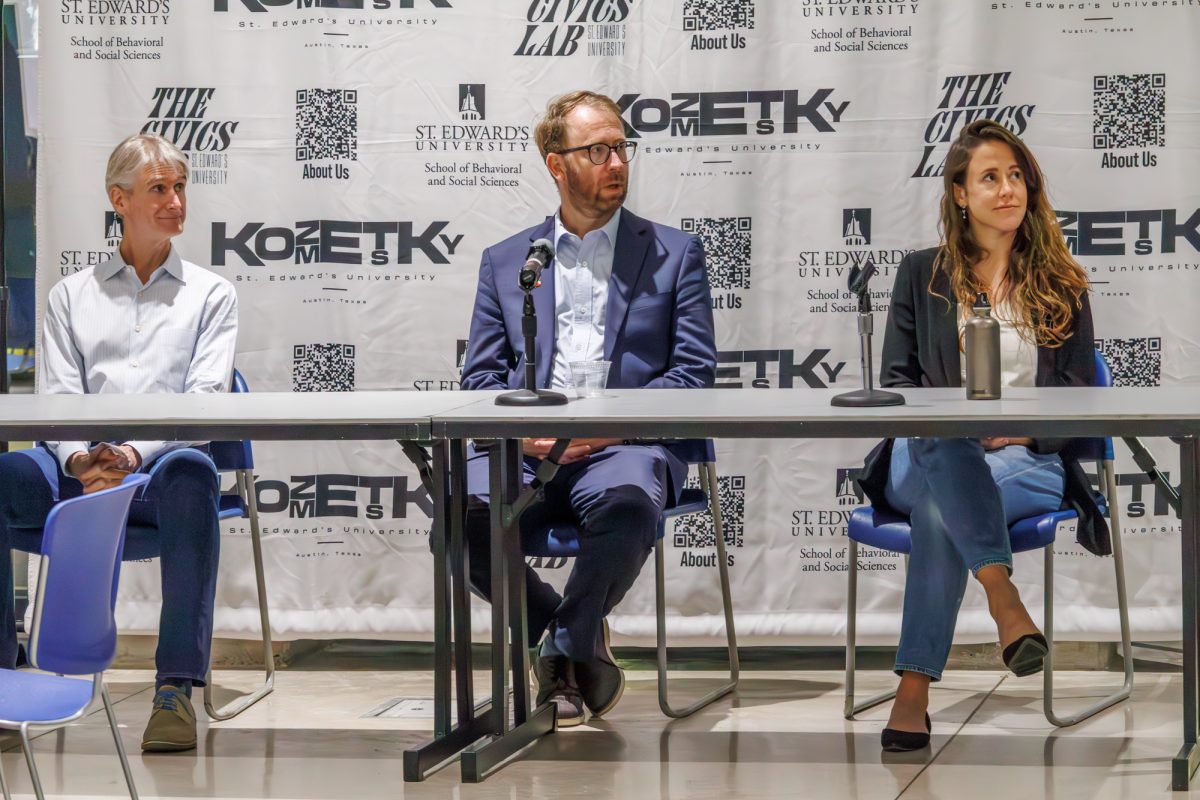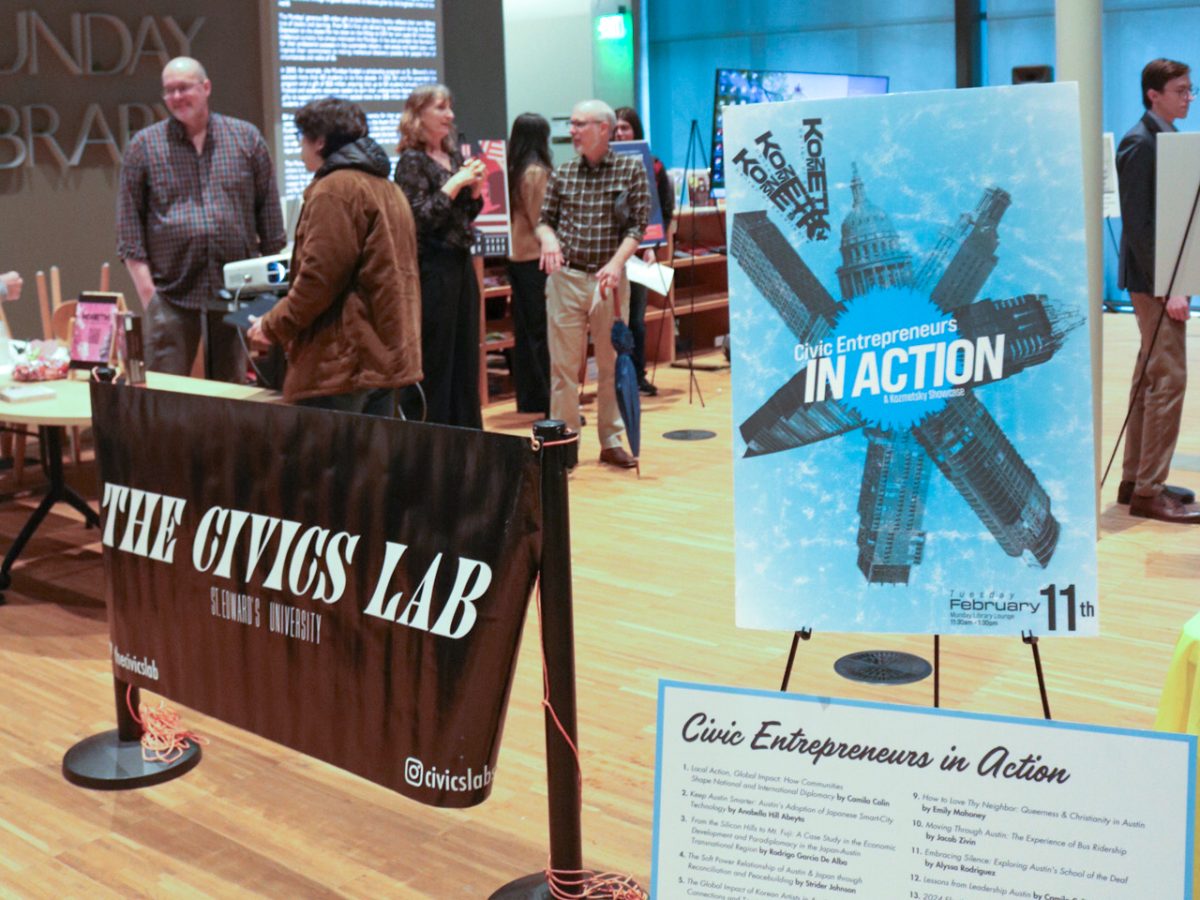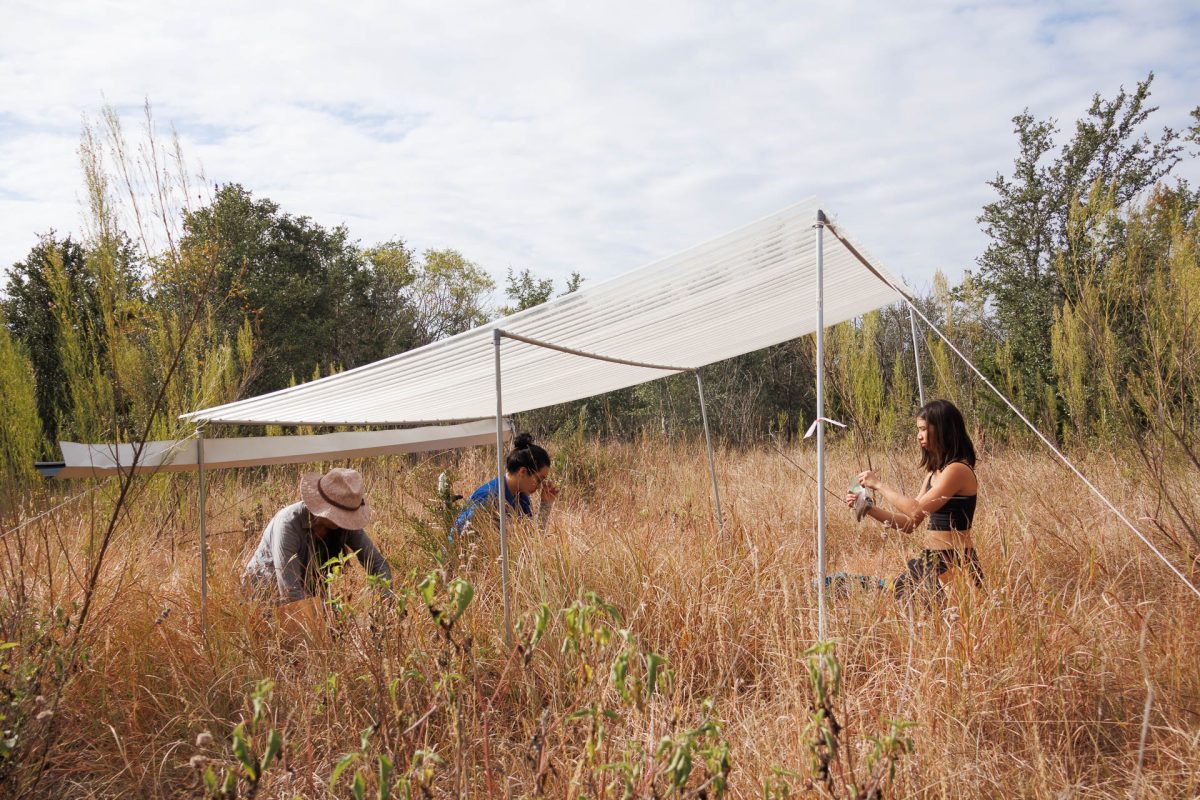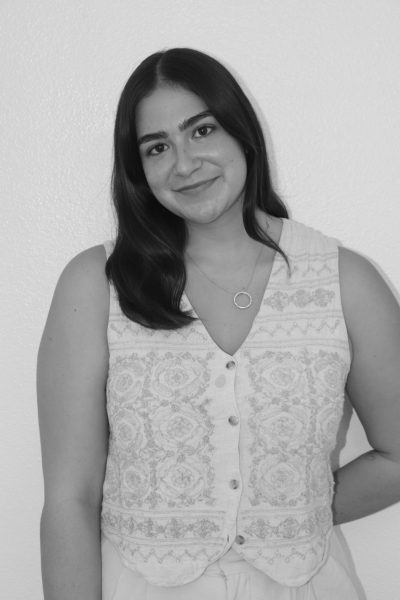St. Edward’s University students have access to a range of mental health services aimed at fostering well-being and academic success, according to Molly Wong, director of counseling services at the Health and Counseling Center (HCC). Wong oversees a team of counselors and provides individual sessions herself, ensuring students have support when facing life’s challenges.
Central to the HCC’s offerings is short-term counseling, which provides up to six free sessions per semester.
“We’re flexible even though there’s a session cap because everyone’s circumstances are different,” Wong said. “Our short-term counseling model is per semester, per issue. So I have worked with some students for the last two years, and I’ve been their therapist for the last two years because every semester it’s a new issue.”
The counseling model accommodates various concerns and can evolve with students’ needs over time. Additionally, educational workshops cover topics such as improving focus and healthy relationships, allowing students to drop in without registration.
The HCC also offers crisis services for urgent situations such as suicidal ideation, sexual assault or severe emotional overwhelm.
“Sometimes students are just so overwhelmed that their body and mind stop functioning,” Wong said. “They just need to get grounded.”
During office hours, students can access same-day, in-person crisis intervention. After hours, the Hilltopper Helpline connects students with licensed clinicians for immediate support.
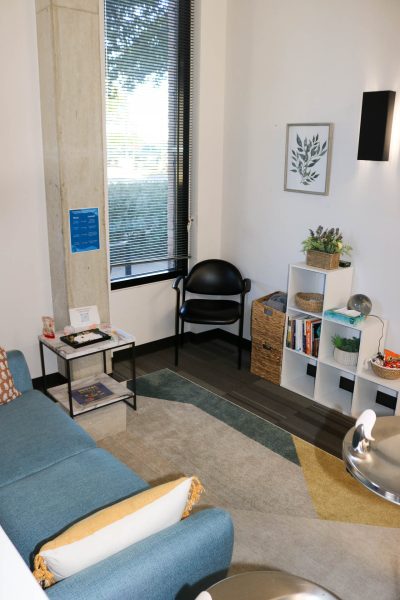
These services, Wong emphasized, are included in tuition and accessible to all enrolled students. For those needing long-term support, the HCC helps transition students to community providers through a case manager who curates therapist options based on factors like insurance and specialty.
Outreach efforts aim to ensure students know about these resources. HCC staff participate in orientation events, residential assistant training and wellness fairs, among other initiatives. However, Wong acknowledged gaps in awareness, particularly among commuter students.
“We try to be where students are,” Wong said, adding that social media has helped boost attendance at workshops.
While the Hilltopper Helpline has received mixed reviews due to its focus on crisis assessment, many students express satisfaction with the in-person counseling services.
“Every semester, we send out satisfaction surveys, and the majority of students report a positive experience,” Wong said.
For students hesitant to seek help, Wong encourages an open mind.
“Trying it doesn’t mean you have to commit to all six sessions,” Wong said. “Just one session can help you feel lighter and make a plan for moving forward. The more people try counseling, the less stigma there will be.”
Through its diverse offerings and commitment to student well-being, the HCC continues to serve as a vital resource for the St. Edward’s community.



